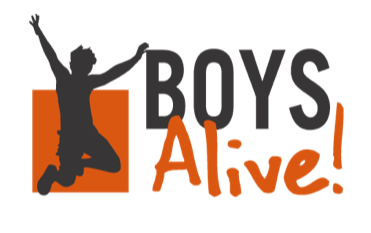The Peace of Muscle Memory
Screen Shot 2016-05-23 at 5.24.50 PM
The PEACE and COMFORT that comes from doing something so familiar, so embedded in us, is a feeling like no other.
It's why we love the holidays so much.
It's why we insist that the same ornament goes on the tree in the same place every year, year after year.
As I return as "Chief Teacher" for Year NINE of an annual Potlatch gathering of 4th grade Oregon Waldorf students - 3 days in the woods culminating their Native American studies of the year - 178 kids! - I marvel at the familiarity of loading the same equipment in the car - the peace that I feel in my core. I remember smells, sights, glimpses of faces, music and conversation. It rolls around me like a warm blanket of comfort.
It also reminds me of the "muscle memory" of music I witnessed with my mom. She had a stroke in 2013 with speech aphasia - she could say plenty but the words were scrambled and didn't make sense. She was often frustrated because she knew she wasn't making sense and her understanding of what was being said was fully intact.
Enter "Amazing Grace."
After she left the hospital and entered a rehabilitation center, I was eager (desperate) to get her outside and so we escaped as soon as, and as often as, possible. There was a big parking lot nearby and I'd push her in her wheelchair and we'd "talk" and take in the breezes...and I'd sing "Amazing Grace." And though tentative at first, she soon found some "words" and some "tune" that was close enough. Hallelujah!
Her muscle memory had survived...she could sing! And so we sang.
The founder of Waldorf Education, Rudolf Steiner, talked about how what we bring to our little children - in word and deed - will affect our children over their lifetime - right down to the health of their internal organs. In 1919 that idea seemed a little far-fetched. Now, as with so many things Steiner, science is starting to verify.
We do indeed have a muscle memory for early traumas...and early words and deeds.
How are you currently nourishing the old man or old woman your child will become?
Imagine - my grandma taught my mom so many nursery rhymes, silly childhood songs, and folk songs - that lived in her and even survived through her awful brain meltdown...so deep in her soul they were.
CLICK HERE for our song! (It'll take a few seconds to download.)
"Baa Baa Black Sheep" and "The Alphabet Song" and "Home on the Range" live at a cellular level - who knew?! The treasure lay dormant for so many years - opened briefly as children and grandchildren arrived but going back to sleep until this "memory muscle" was needed again.
This enduring treasure spans like a rainbow from childhood to old age.
Makes me wonder how lasting Pokemon, Minecraft, and the Frozen Princess will be? Do they also live deeply embedded in our muscle memory? Do we even want them to?!
Next time you are tempted to hand your child your phone or turn on a video for them, ask yourself, "How will this nourish him when he is an old man?" "How will this music/app/dvd or game sustain him in the end?"
It's not only music, it's those silly finger games we used to play, too.
With my mom's right hand affected by the stroke, one of the games we loved was the simple game two people play - I call it "stack 'em" - you put your hand palm down on the table, other person puts their's down on top of it, you put yours palm down, they put theirs palm down on top and you have a stack of four hands. Now pull the bottom one out and put it on top. Not as easy as it sounds (and especially not for mom!) but it alleviated many moments of boring wait time - no batteries or equipment needed. Try it.
If you really want to have an eternal imprint upon your children - upon their muscle memories - that they can call forth even after a traumatic brain event - it's simple: sing "Twinkle Twinkle" with them.
============================
*Join the Boys Alive! community below for updates and more.*


